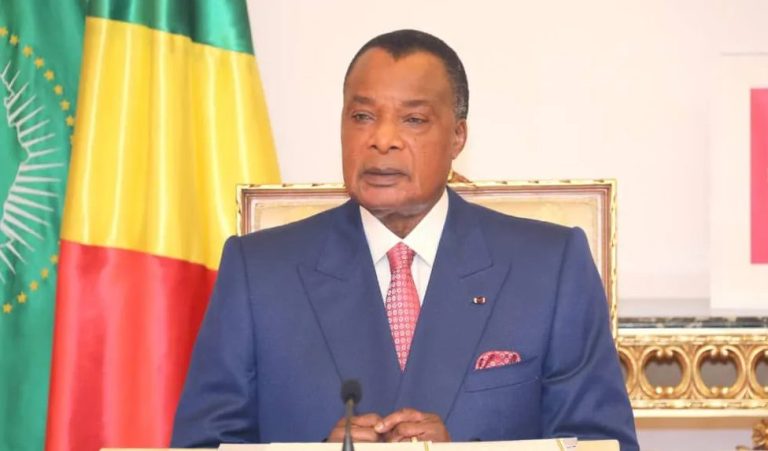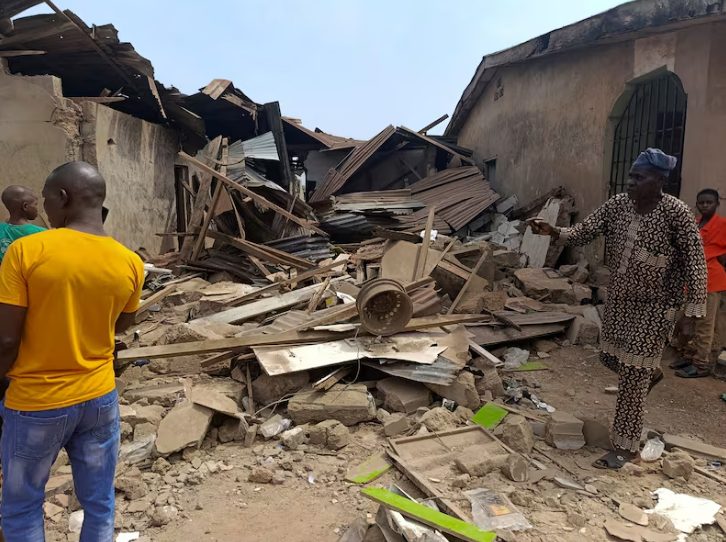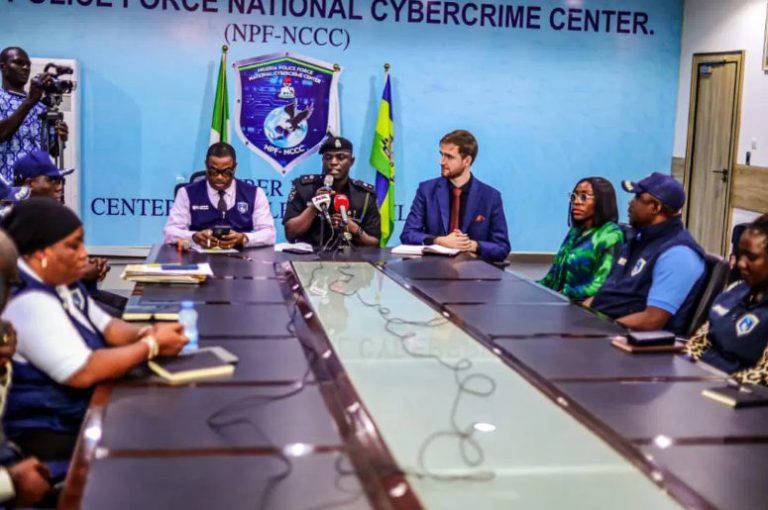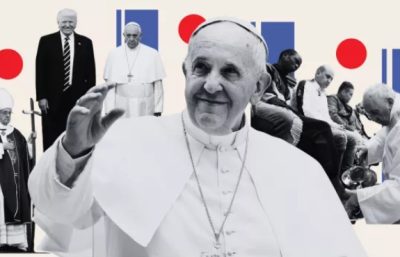
Pope Francis
Pope Francis, the first pope from the Americas, has died at the age of 88, the Vatican has announced.
He had battled health problems throughout his life with bravery and good humor. It was a life that took him from an impoverished childhood in Buenos Aires to leader of the Catholic Church’s 1.3 billion believers as the 266th pope.
To his supporters, he was a principled reformer who strove to modernize the Church and make it more relevant to a fast-changing world. He was also seen by many as heralding a new era for Catholicism, and a man whose momentous decisions will go down in history but who lived with an unwavering humility and kindness.
His conservative critics attacked many of those momentous decisions, such as the blessing of homosexual couples and reform of the Roman Curia. He also faced accusations of both authoritarianism and of not doing enough to tackle clerical sexual abuse.
Early Life in Argentina
Born Jorge Mario Bergoglio on December 17, 1936, in Buenos Aires, Argentina, he was the son of Italian immigrants who instilled in him a deep sense of faith. The eldest of five children, he was a gifted scholar. He had a girlfriend, Amalia Damonte, and when they were both 12 years old he told her, “If I can’t marry you, I’ll become a priest.”
“Luckily for him, I said no,” she recalled in 2023.
He later worked as a nightclub bouncer in a working-class suburb of the city.
At the age of 21, he contracted pneumonia and had to have part of one lung removed, which made him more prone to infections.
In 1958, he joined the Jesuit order, a decision that would define his commitment to social justice and education.
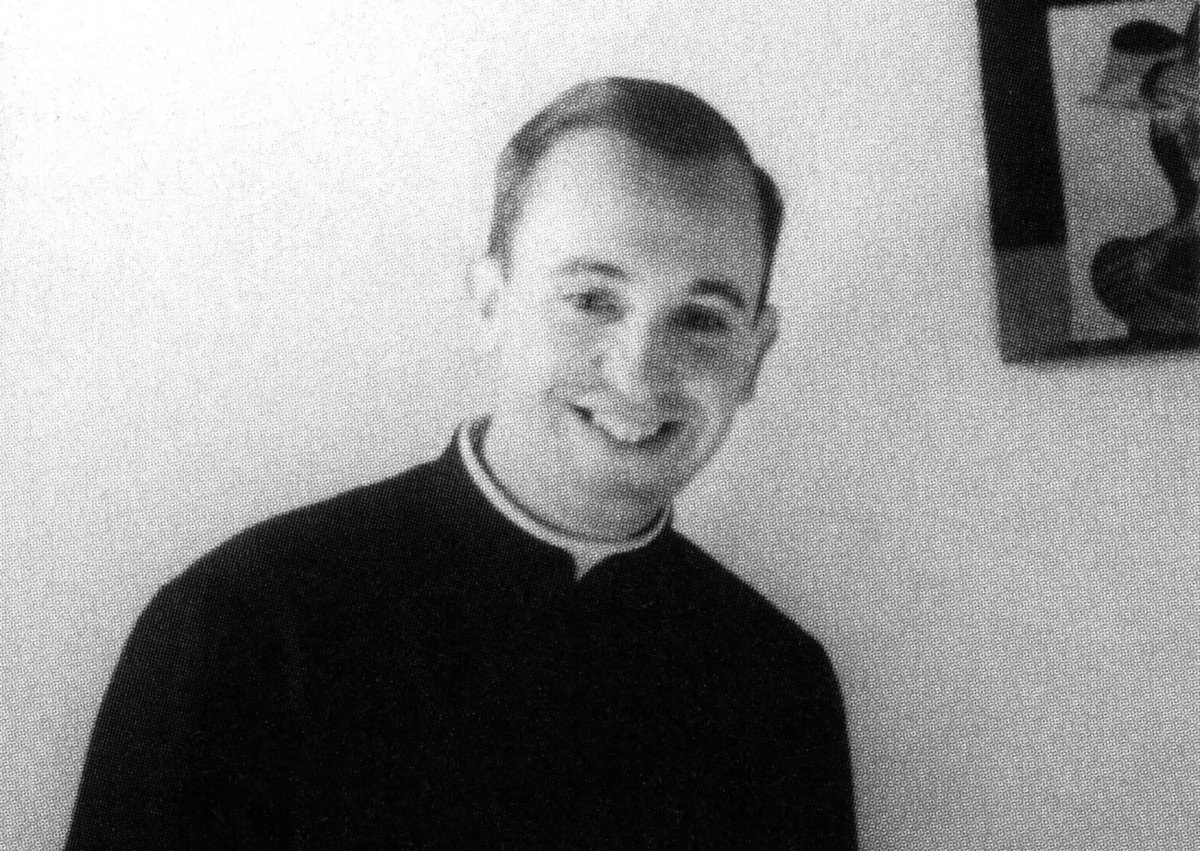
Ordained as a priest in 1969, Bergoglio, as he was still known, steadily rose through the ranks of the Catholic Church. By 1997, he was named coadjutor archbishop of Buenos Aires, assuming full leadership of the archdiocese the following year. Known for his unassuming lifestyle, he rejected luxury, opting instead for public transportation and a modest apartment.
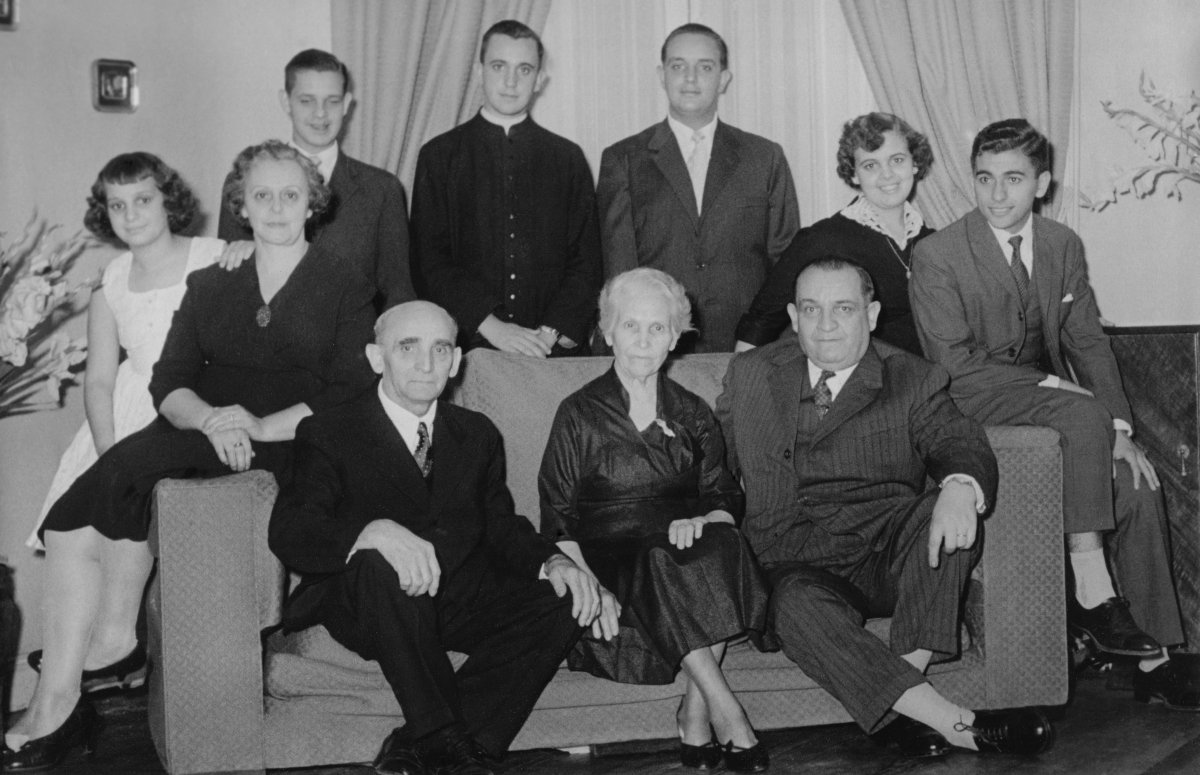
His profile grew during Argentina’s financial crisis in 2001, when he emerged as a fierce critic of corruption and political mismanagement. That same year, Pope John Paul II elevated him to the College of Cardinals, setting the stage for his eventual ascent to the papacy.
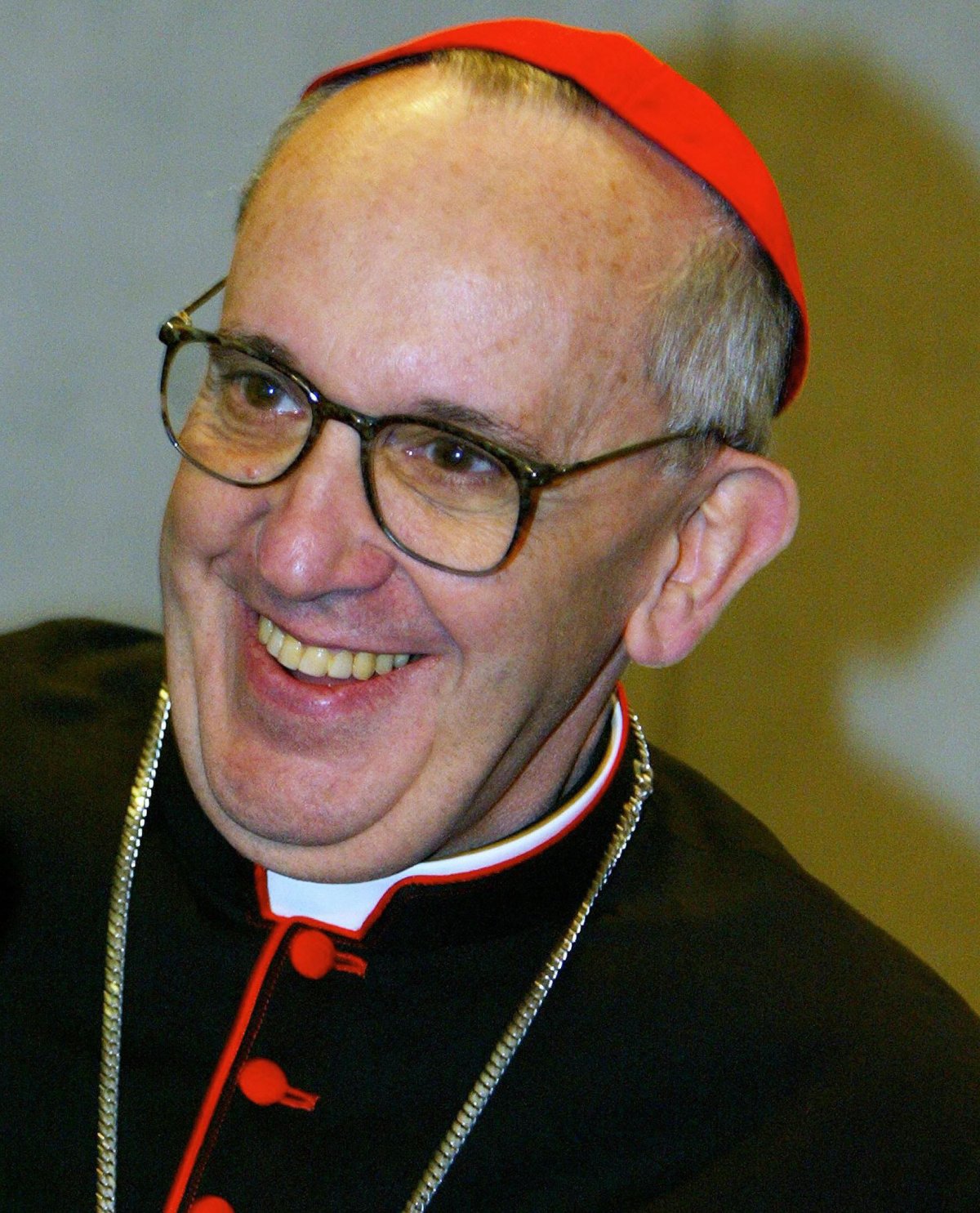
Election to the Papacy
In a historic moment for the Catholic Church, Cardinal Jorge Mario Bergoglio was elected pope on March 13, 2013. He was appointed following the shock resignation of Pope Benedict XVI, who became the first pope to step aside since 1415
He had battled health problems throughout his life with bravery and good humor. It was a life that took him from an impoverished childhood in Buenos Aires to leader of the Catholic Church’s 1.3 billion believers as the 266th pope.
To his supporters, he was a principled reformer who strove to modernize the Church and make it more relevant to a fast-changing world. He was also seen by many as heralding a new era for Catholicism, and a man whose momentous decisions will go down in history but who lived with an unwavering humility and kindness.
His conservative critics attacked many of those momentous decisions, such as the blessing of homosexual couples and reform of the Roman Curia. He also faced accusations of both authoritarianism and of not doing enough to tackle clerical sexual abuse.

In a historic moment for the Catholic Church, Cardinal Jorge Mario Bergoglio was elected pope on March 13, 2013. He was appointed following the shock resignation of Pope Benedict XVI, who became the first pope to step aside since 1415.
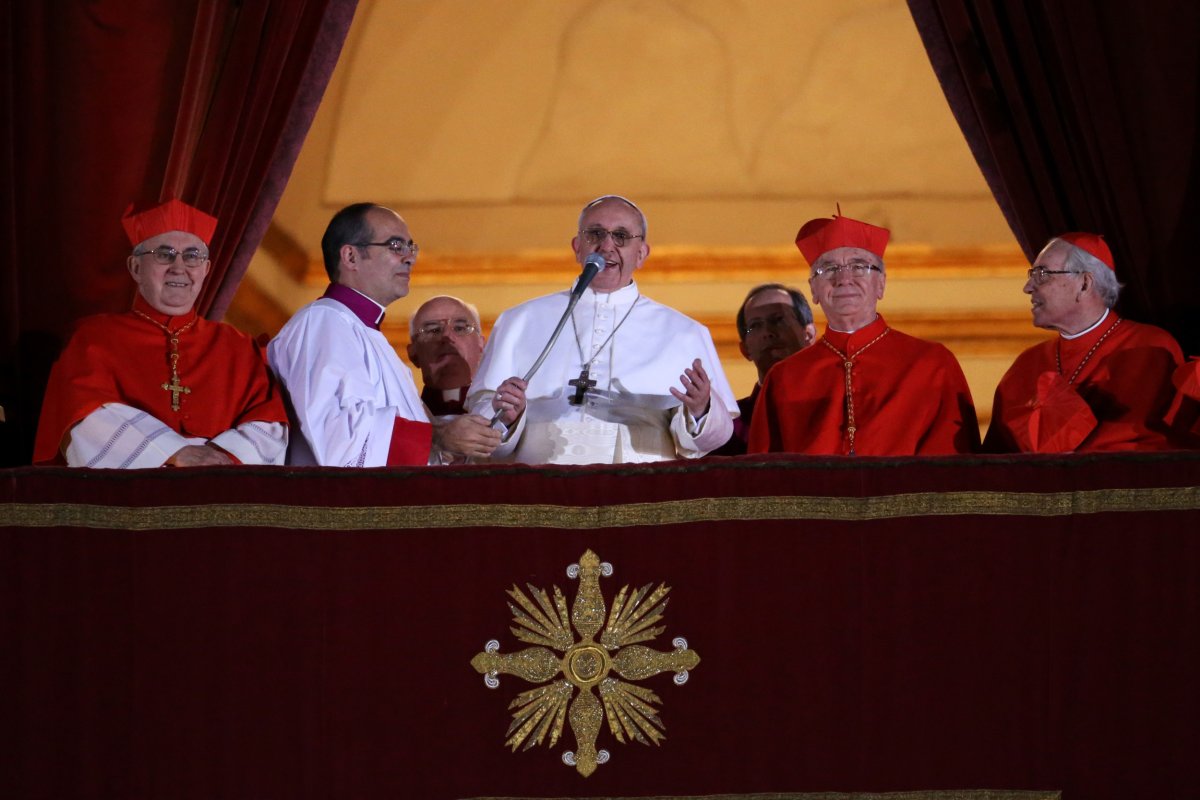
Widely seen as a surprising choice, Bergoglio was a 30/1 outsider. His election marked several firsts—he became the first pontiff from the Americas, the first Jesuit to assume the papacy, and the first to take the name Francis, inspired by St. Francis of Assisi, who gave up his wealth and chose to live in poverty.
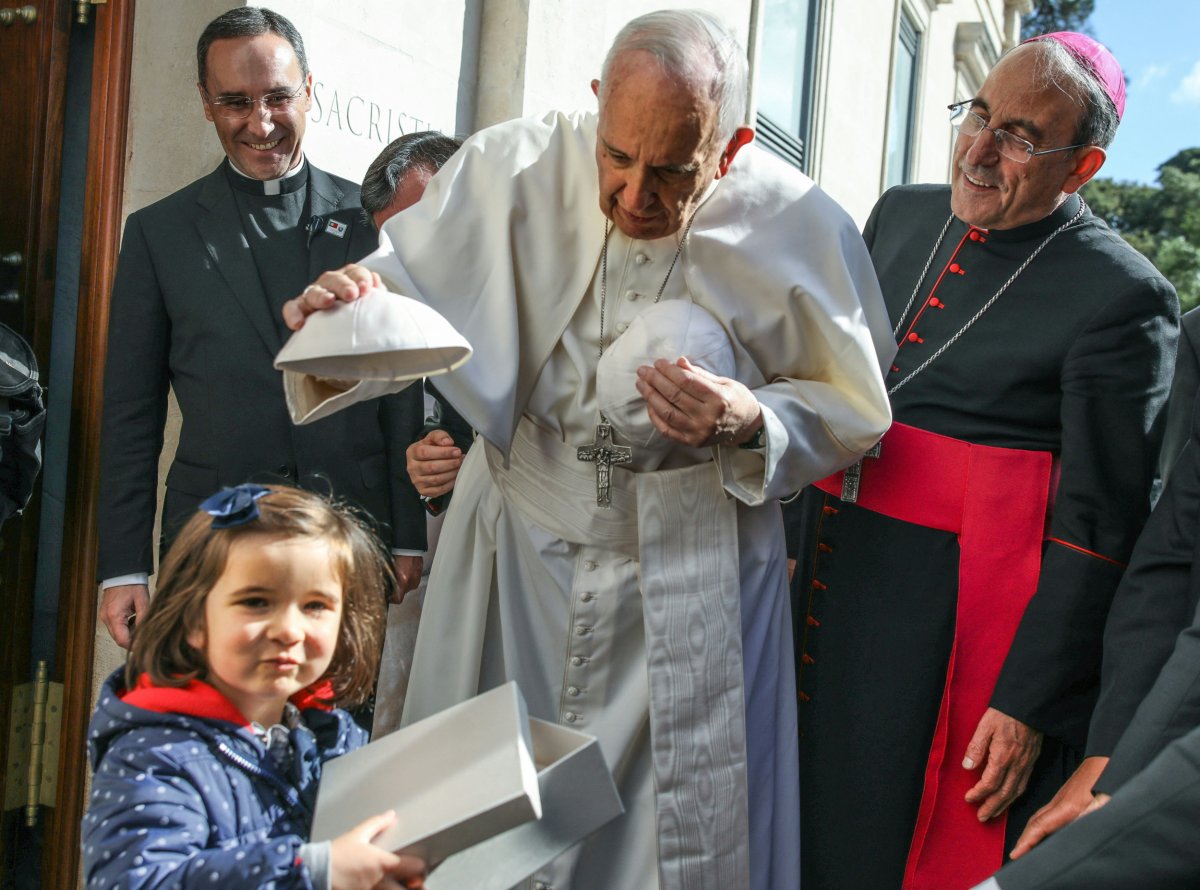
Pope Francis’ Humility
Throughout his tenure, Francis consistently championed themes of compassion, humility, and advocacy for the world’s most vulnerable. “My people are poor, and I am one of them,” he said.
Renowned for his warmth, quick wit, and passion for soccer, Francis broke with tradition by choosing to reside in the Vatican’s Domus Sanctae Marthae guesthouse rather than the lavish Apostolic Palace—a move widely interpreted as a reflection of his personal commitment to simplicity and accessibility.

Washes Feet of Juvenile Offenders
In a moment that would help to define his papacy, Francis knelt in 2013 to wash and kiss the feet of young detainees—among them two girls and an inmate of Muslim origin—inside a juvenile detention center in Rome.
The act dispensed with centuries of tradition that had normally restricted the ritual to male clergy within Catholic churches. “This is a symbol and a gesture: washing your feet means I am at your service,” Francis said at the time. It embodied both his compassion and his willingness to defy convention.
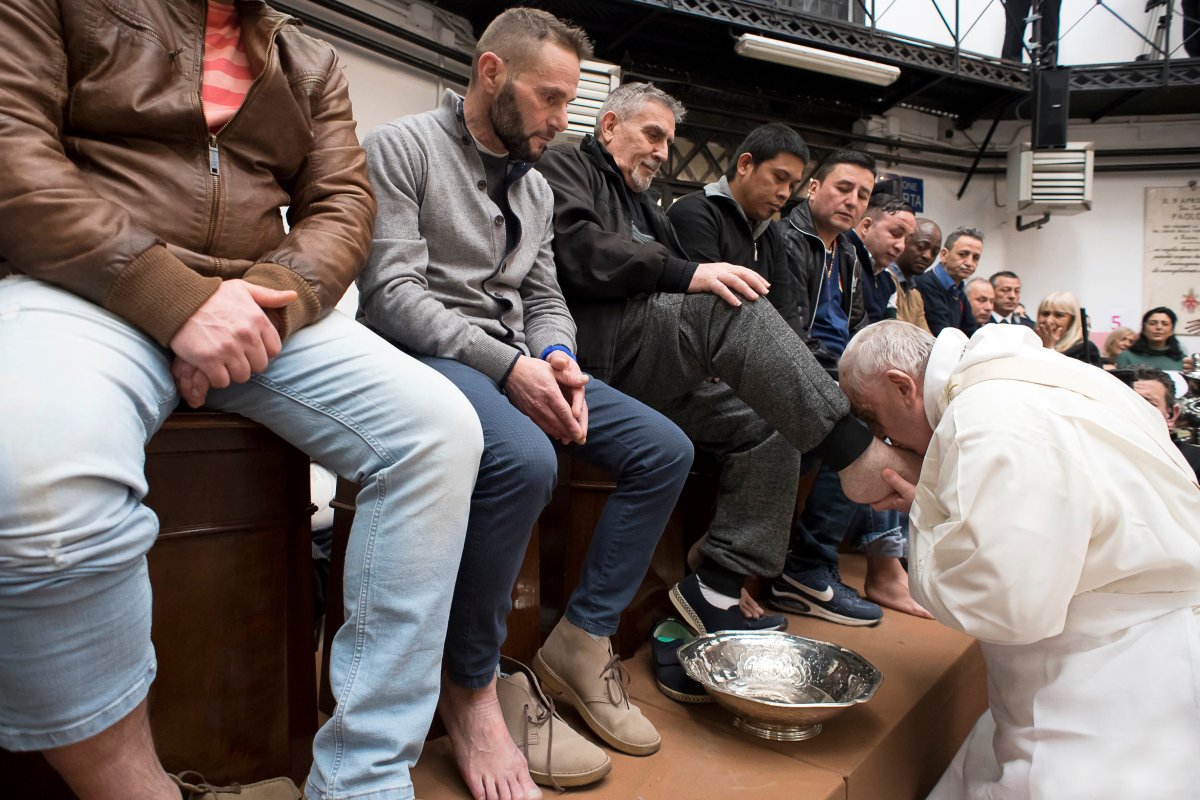
Conciliatory to LGBTQ+ Catholics
In a departure from Vatican rhetoric, Francis signaled a more inclusive stance toward LGBTQ+ Catholics in 2013 when, during an in-flight press conference, he responded to a question about gay priests by saying, “Who am I to judge?” The remark represented a startling shift in tone, breaking from the more rigid doctrinal approach of his predecessors. It would prove to be one of the defining issues of his papacy.
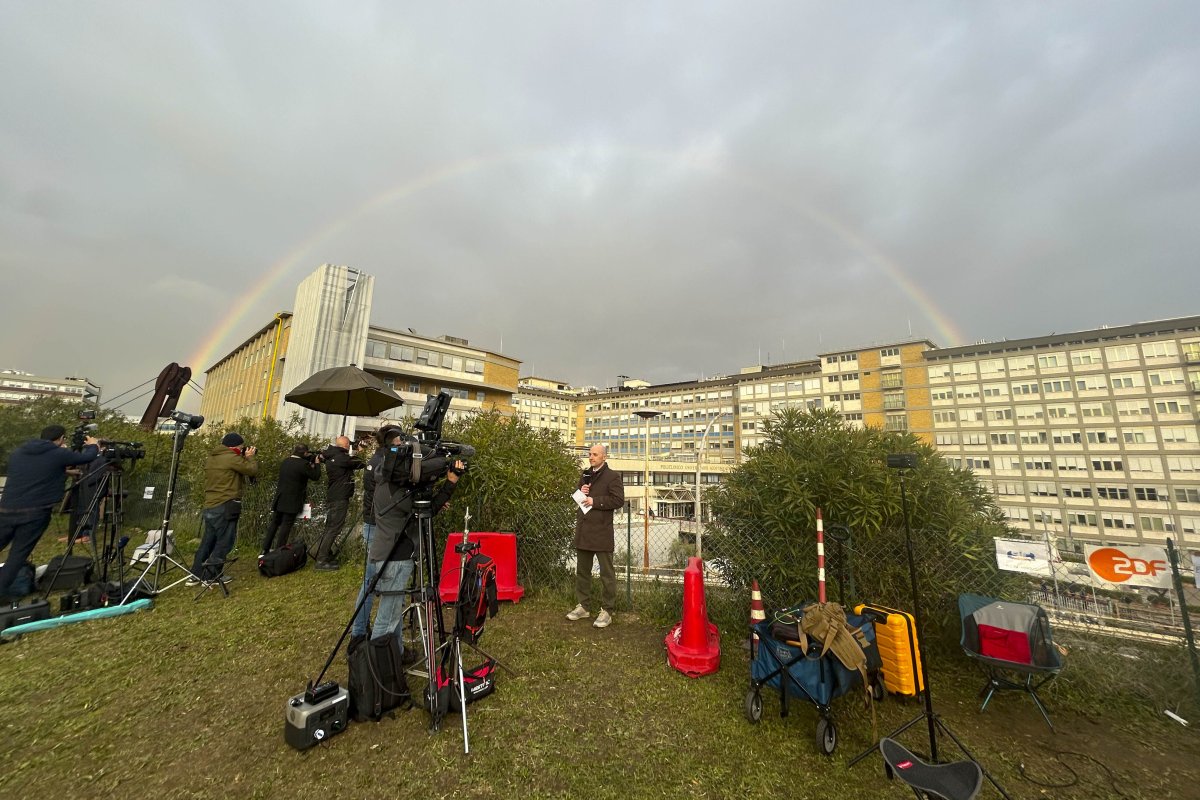
In 2023, he authorized Catholic Church officials to bless same-sex couples, sparking a backlash from the conservative wing of the church. The pope accused those who criticized him of “hypocrisy.”
“No one is scandalized if I give a blessing to an entrepreneur who perhaps exploits people: and that is a most serious sin,” he said.
“Whereas they are scandalized if I give it to a homosexual … This is hypocrisy! We all have to respect each other. Everyone!”
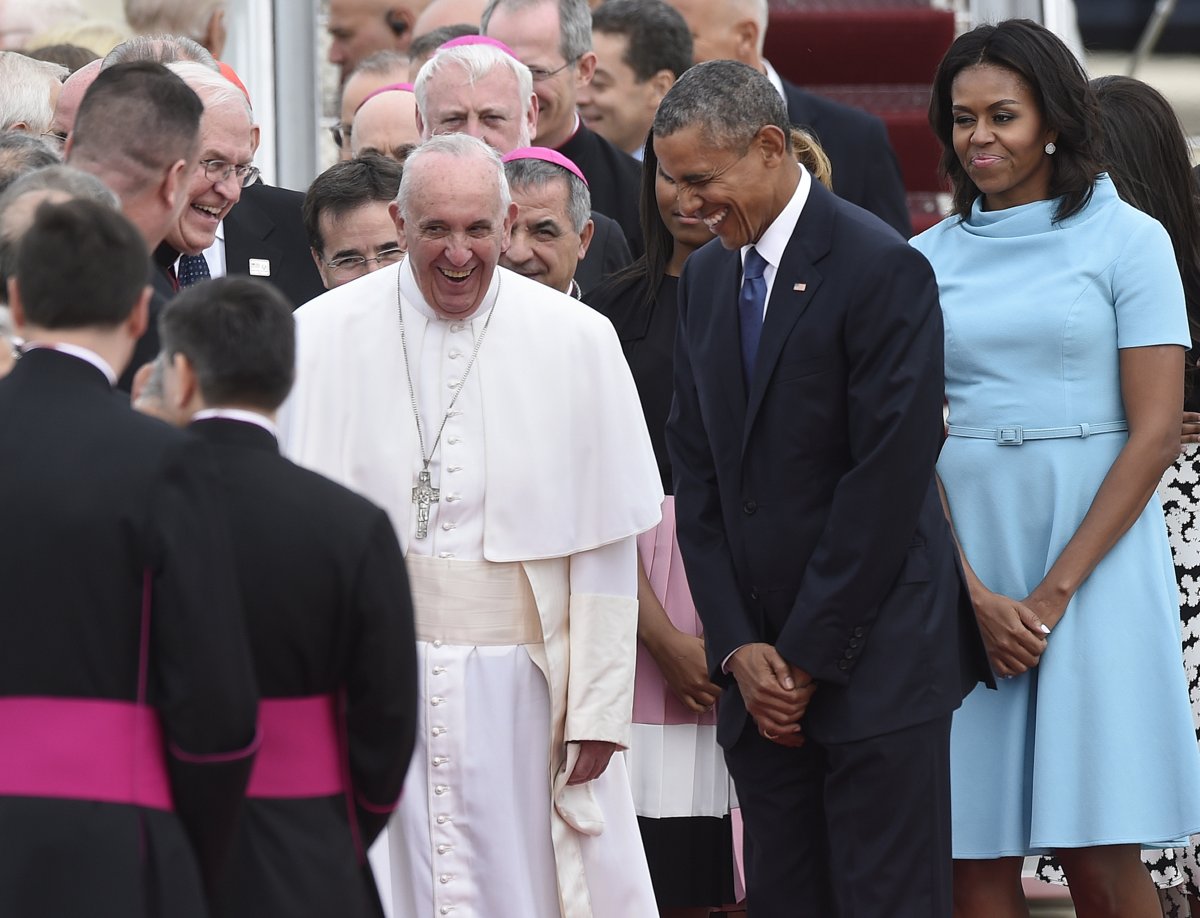
Care for Plight of Migrants, Visits Lampedusa
In 2013, soon after becoming pope, Francis took his message of compassion to the global stage. In July, he traveled to the Italian island of Lampedusa, a key entry point for migrants crossing the Mediterranean, to highlight the dire conditions faced by those risking their lives in search of a better future. The visit, marked by somber prayers and pointed criticism of global indifference, solidified his image as a pope deeply committed to social and economic justice. For others, however, it marked another stage of his transformation into what they derisively called a “woke pope.”
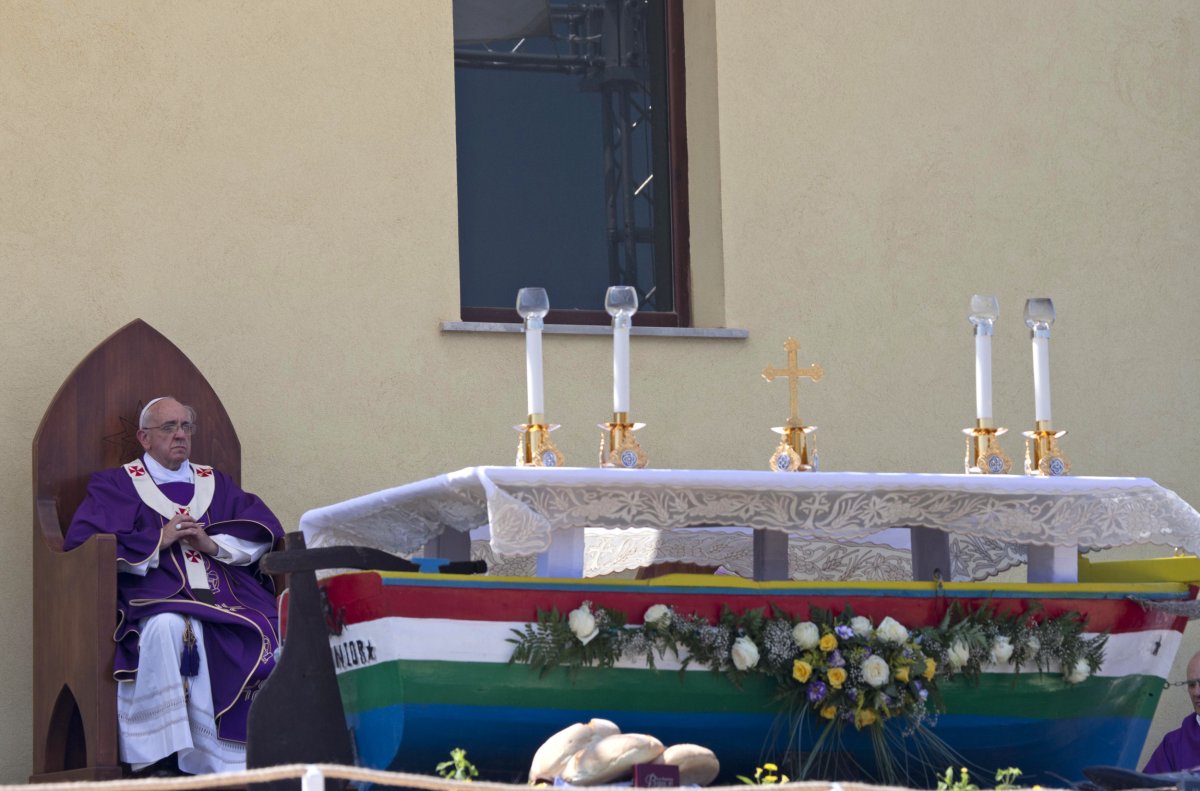
Landmark Synods and Papal Documents
Francis issued a series of documents and took actions that connected his spiritual vision with practical realities. In 2015, he released the encyclical Laudato si’, an appeal for greater environmental stewardship that called for changes in lifestyles and policies to combat climate change.
He also convened two Synods on the Family in 2014 and 2015, which culminated in the 2016 apostolic exhortation Amoris laetitia.

Debate over Communion for Divorced Catholics
That document opened discussions about Communion for divorced and civilly remarried Catholics, spurring debate among clergy and laity. This debate was reflected in questions from several cardinals, including Cardinal Raymond Burke of the United States, who, along with other prelates, sought clarifications on the exhortation’s guidance for pastoral practice.
Tackling Bureaucracy
As he addressed a range of social concerns, Francis undertook efforts to streamline Vatican bureaucracy and instill financial transparency. He established new oversight bodies to monitor the Vatican Bank and other departments, though the pace of reform sometimes met with internal challenges and criticism from various quarters.
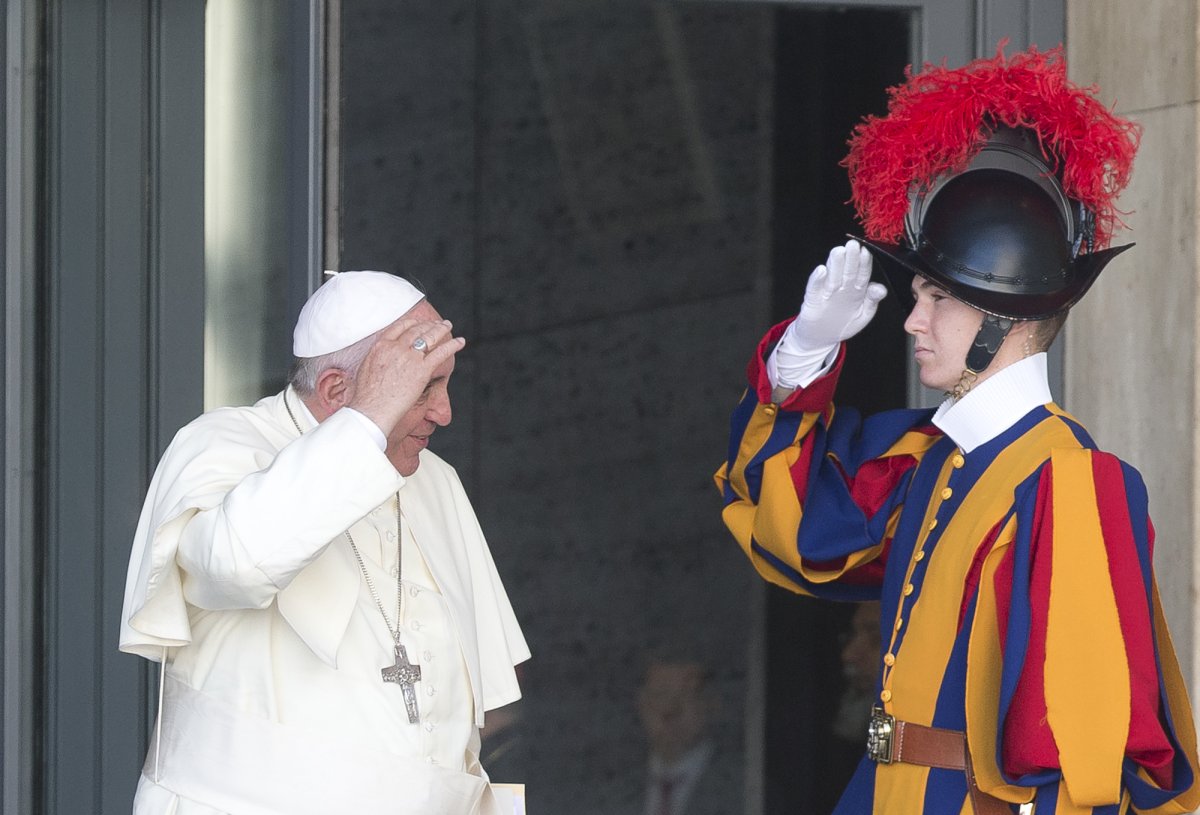
Clergy Sex Abuse Crisis
In 2014, he asked for forgiveness for the “evil” abuse of children by the clergy. The abuse was a “moral damage carried out by men of the Church,” he said.
He convened a 2019 summit on the protection of minors, setting forth updated protocols that aimed at greater accountability.
Francis made a sweeping apology to Irish abuse survivors in 2018 and traveled to Canada in 2022 to atone for the church-run residential schools that traumatized generations of Indigenous peoples.
However, several groups continued to urge more far-reaching measures and swifter responses to allegations. Survivors of clergy sexual abuse urged the Vatican last November to expand its zero-tolerance policy that it approved for the U.S. Catholic Church in 2002 to the rest of the world, arguing that children everywhere should be protected from predatory priests.
“Despite Pope Francis’ repeated calls for zero tolerance on abuse, his words have yet to lead to any real action,” said Gemma Hickey, a transgender survivor of abuse and the president of the global survivor network Ending Clergy Abuse.
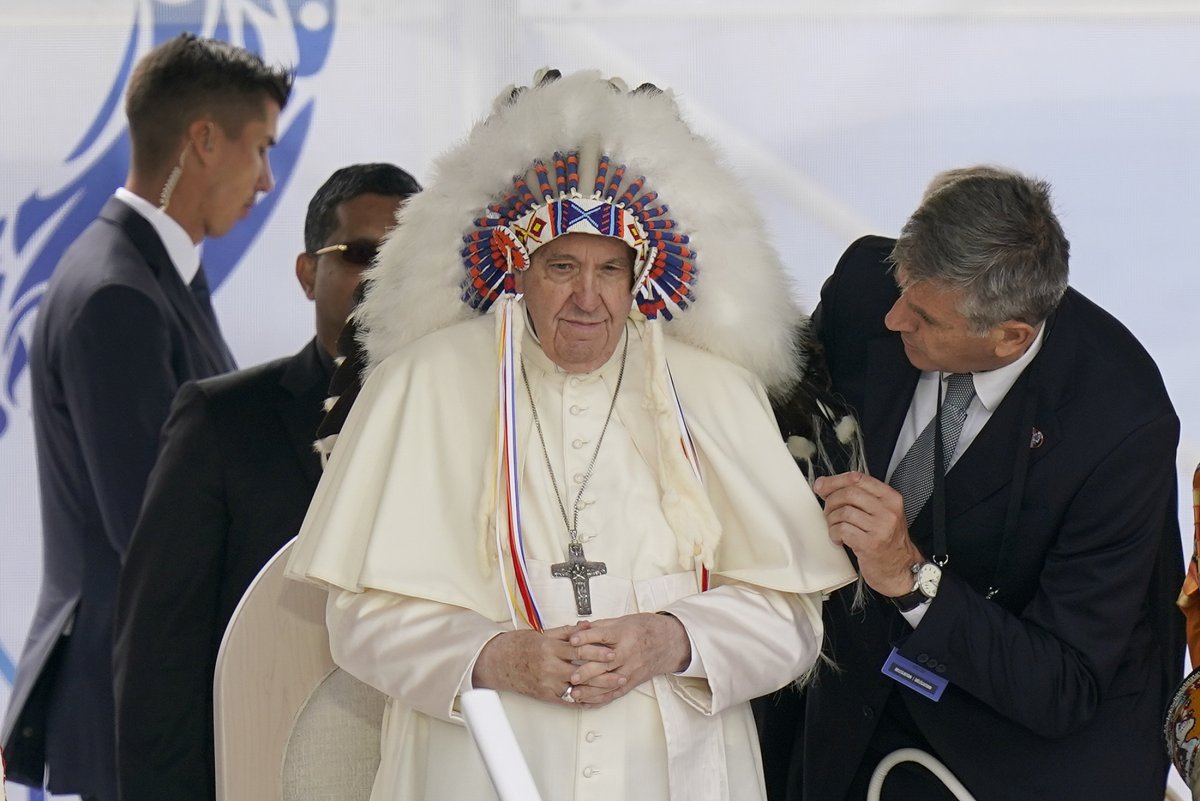
2015 U.S. Visit
He made numerous pastoral visits overseas, including a 2015 trip to the United States, during which he addressed Congress and met with the homeless in Washington, D.C.
In 2019, he traveled to Abu Dhabi in the first papal journey to the Arabian Peninsula, signing a joint declaration on human fraternity with the Grand Imam of Al-Azhar, a symbolic gesture aimed at promoting interfaith dialogue.
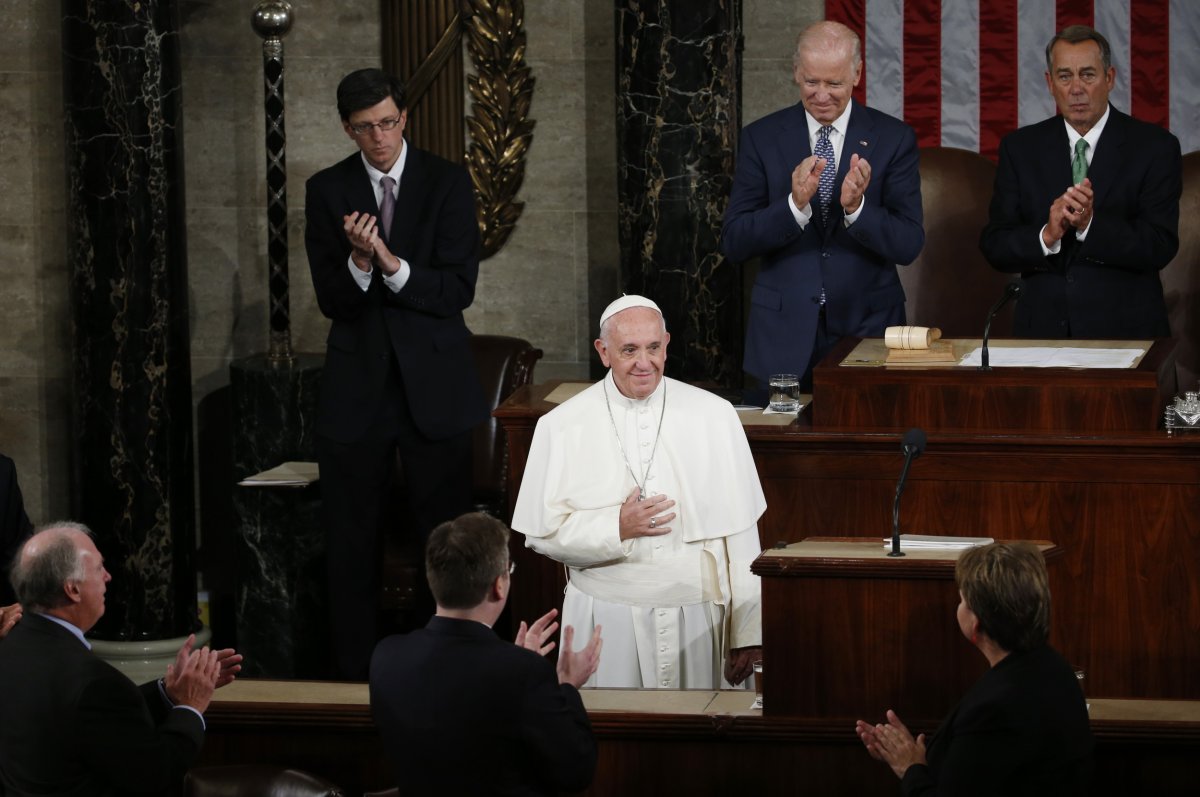
Broader Roles for Women
Despite his often controversial decisions, Francis was frequently described by observers as a leader who sought to connect traditional teachings with contemporary pastoral realities. He encouraged broader roles for women by formally permitting them to serve as lectors and acolytes in liturgical celebrations.
He consistently returned to the concept of mercy in his preaching and writings, calling the entire church to engage with individuals’ real-life circumstances. Throughout his pontificate, some conservative U.S. cardinals, including Cardinal Burke, voiced apprehension that his open dialogue on moral issues could risk ambiguity in church teaching.
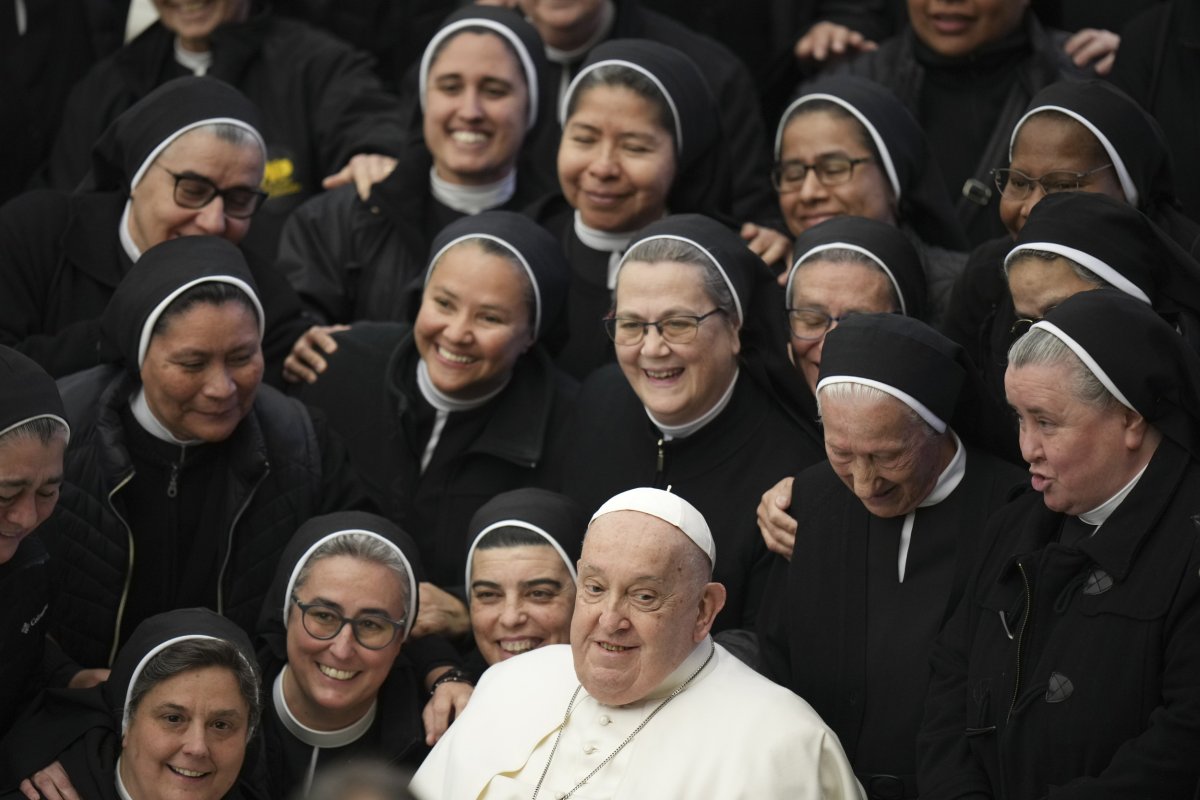
Rift with Donald Trump
In February 2025, the Pope issued a forceful condemnation of the Trump administration’s deportation policies, warning that expelling migrants solely on the basis of their undocumented status strips them of their dignity and “will end badly.”
It was the latest chapter in the long-standing rift between the pope and the president. Their clashes date back to the 2016 campaign when Francis declared that those who build walls instead of bridges “are not Christian.” Trump responded that the comment was “disgraceful.”
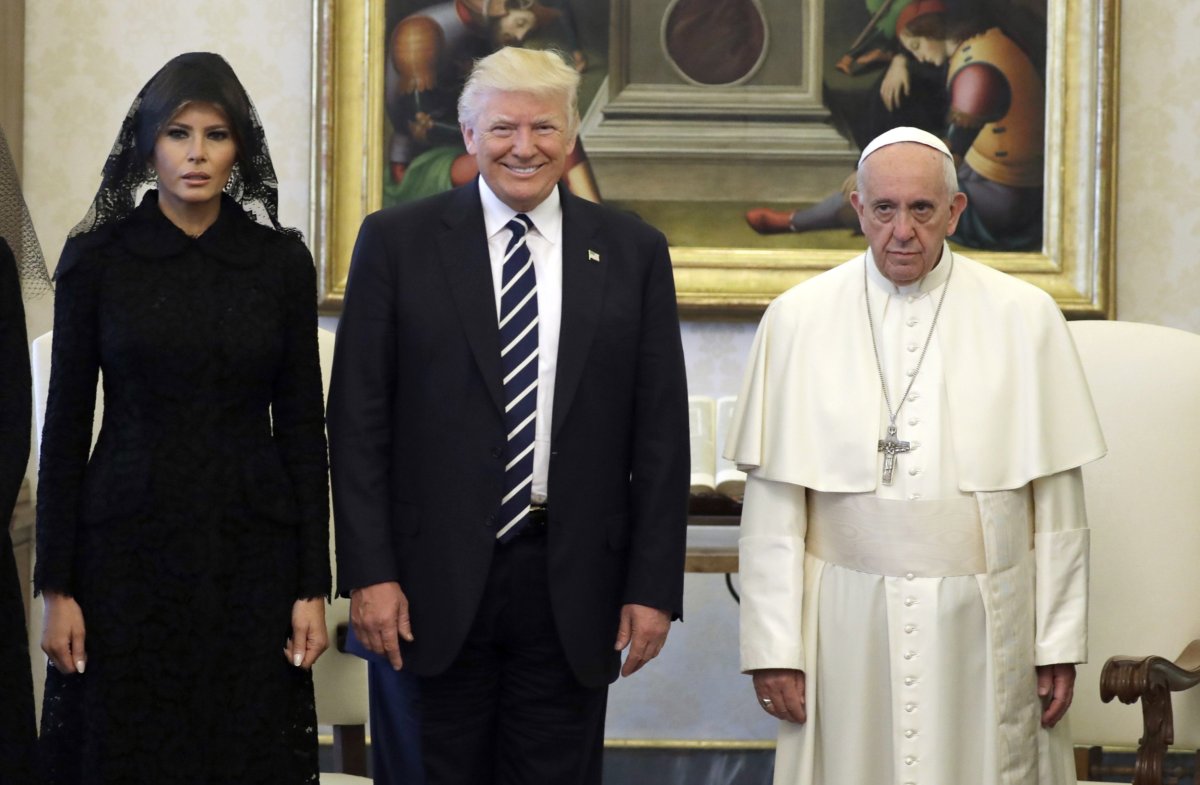
Pope Francis in Quotes
“The Lord never tires of forgiving. It is we who tire of asking for forgiveness.”
“A little bit of mercy makes the world less cold and more just.”
“Grace is not part of consciousness; it is the amount of light in our souls, not knowledge nor reason.”
“Life is a journey. When we stop, things don’t go right.”
“Let us pray for peace: peace in the world and in each of our hearts.”
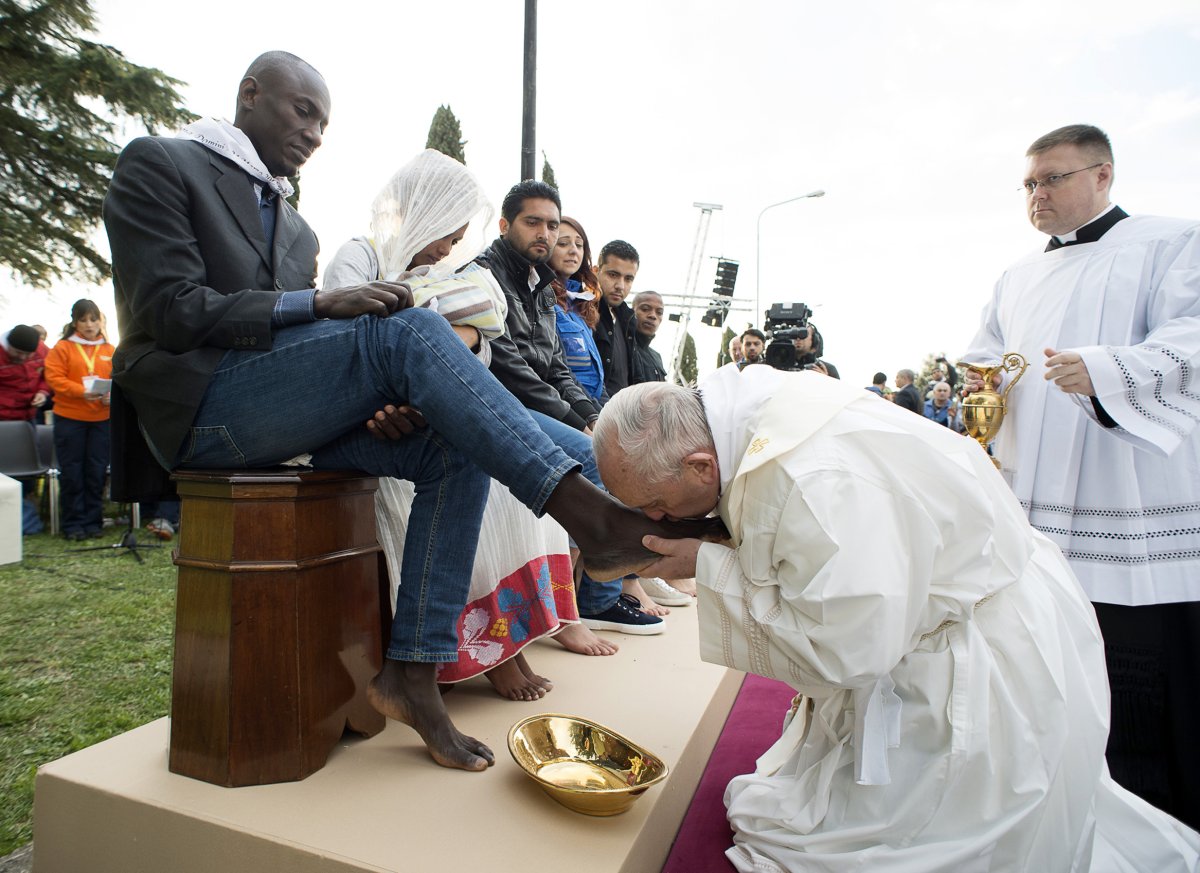
Funeral and Election of Next Pope
His funeral arrangements were expected to follow Vatican protocols, which require the College of Cardinals to gather before the next conclave.
He leaves behind a global Catholic community of approximately 1.3 billion members, many of whom were drawn to his frequent reminders that “The true power is service.”
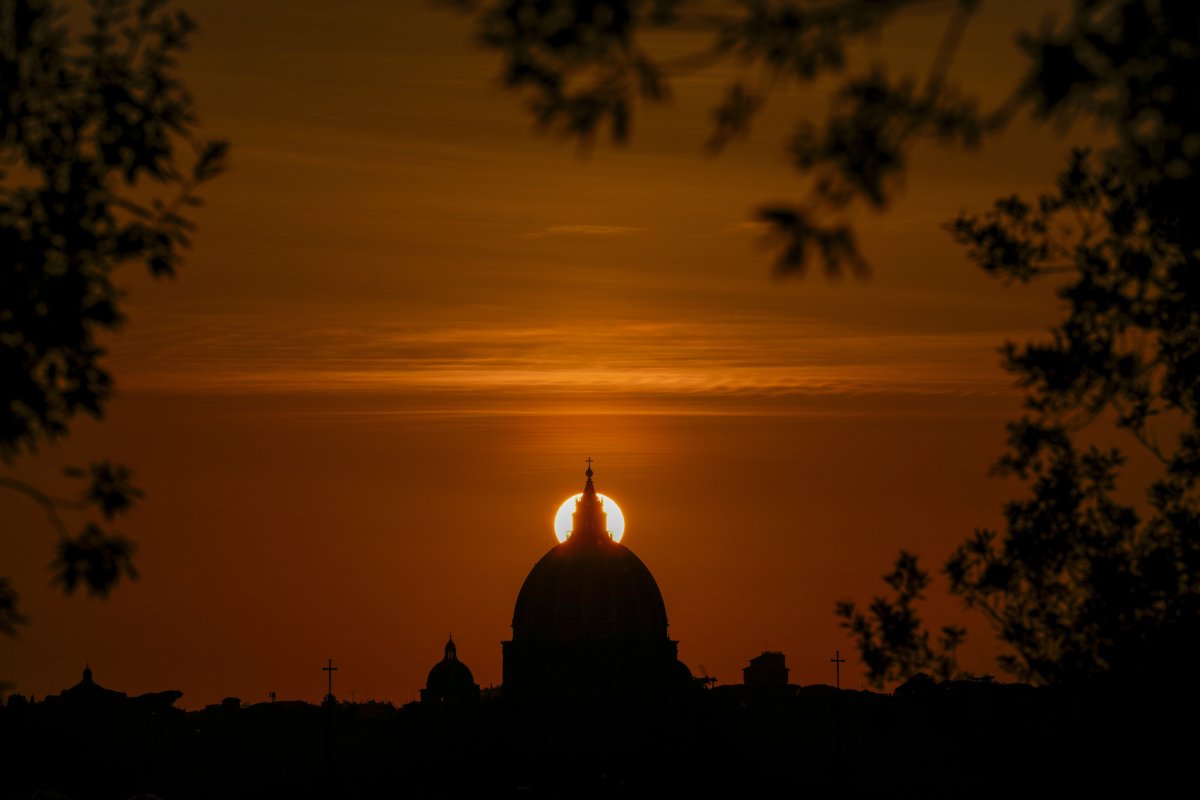
Source: newsweek


